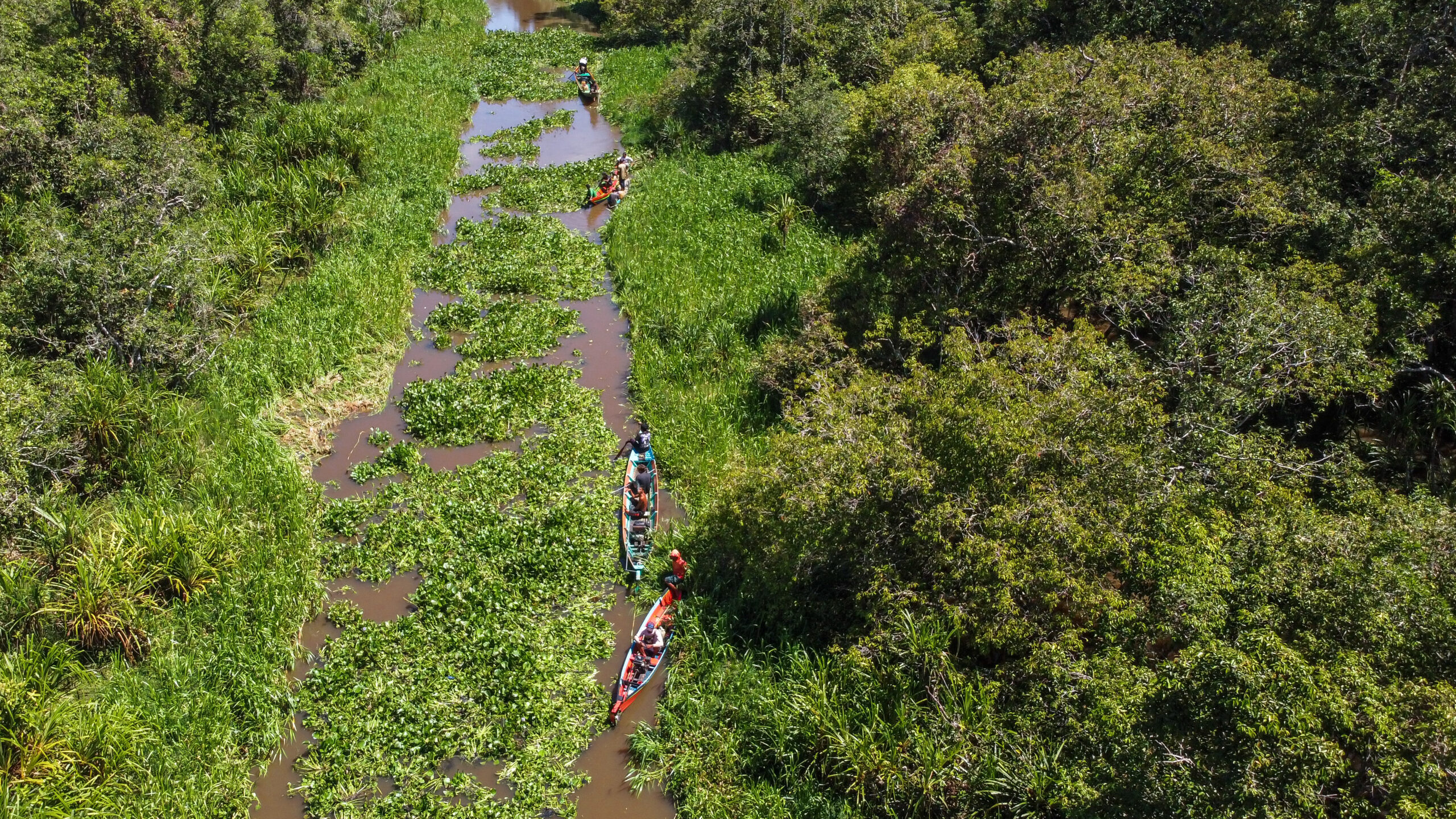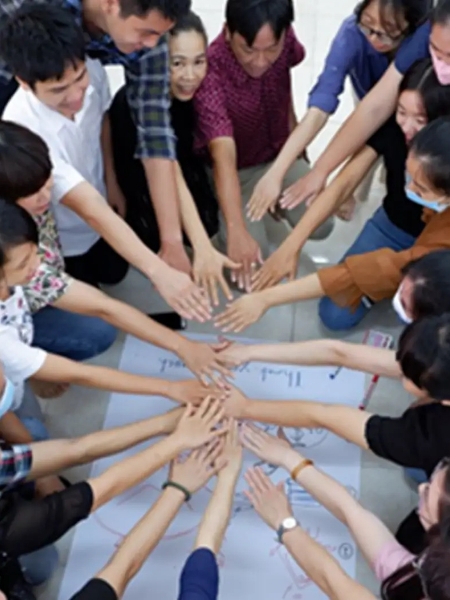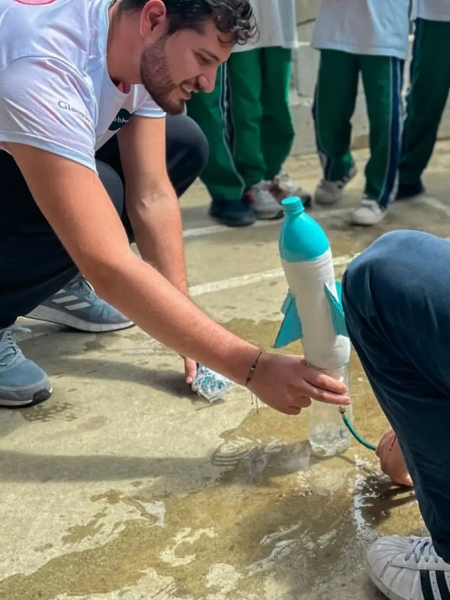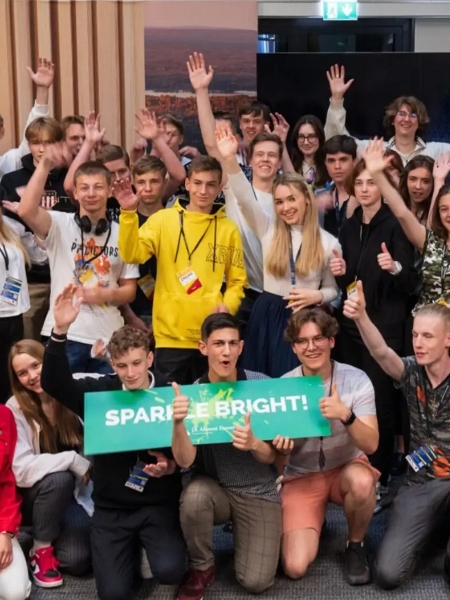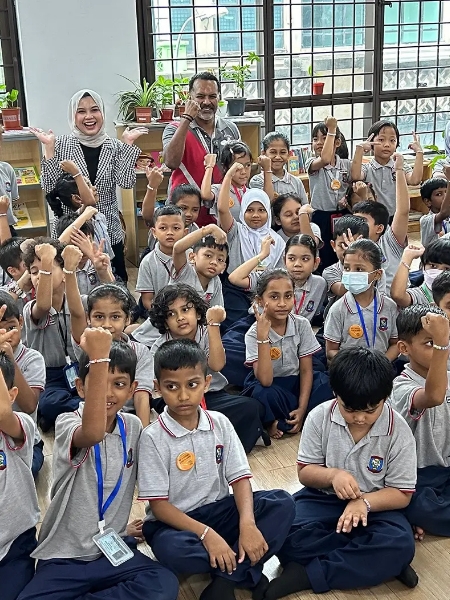One Tree Planted
Think Human Fund
Mission & History
One Tree Planted is a 501(c)(3) nonprofit that was founded on a clear vision: to provide individuals and businesses with a simple way to make a real impact. Since 2014, the organization has planted over 135 million trees Reforestation helps to restore forests that have been degraded or deforested by human activities or environmental disasters, restore biodiversity habitat, and provide jobs for social impact. One Tree Planted’s work focuses on forest restoration, biodiversity conservation ecological restoration, and agroforestry. Reforestation can also provide community benefits, such as improving health, supporting indigenous project ownership, and encouraging sustainable income generation.
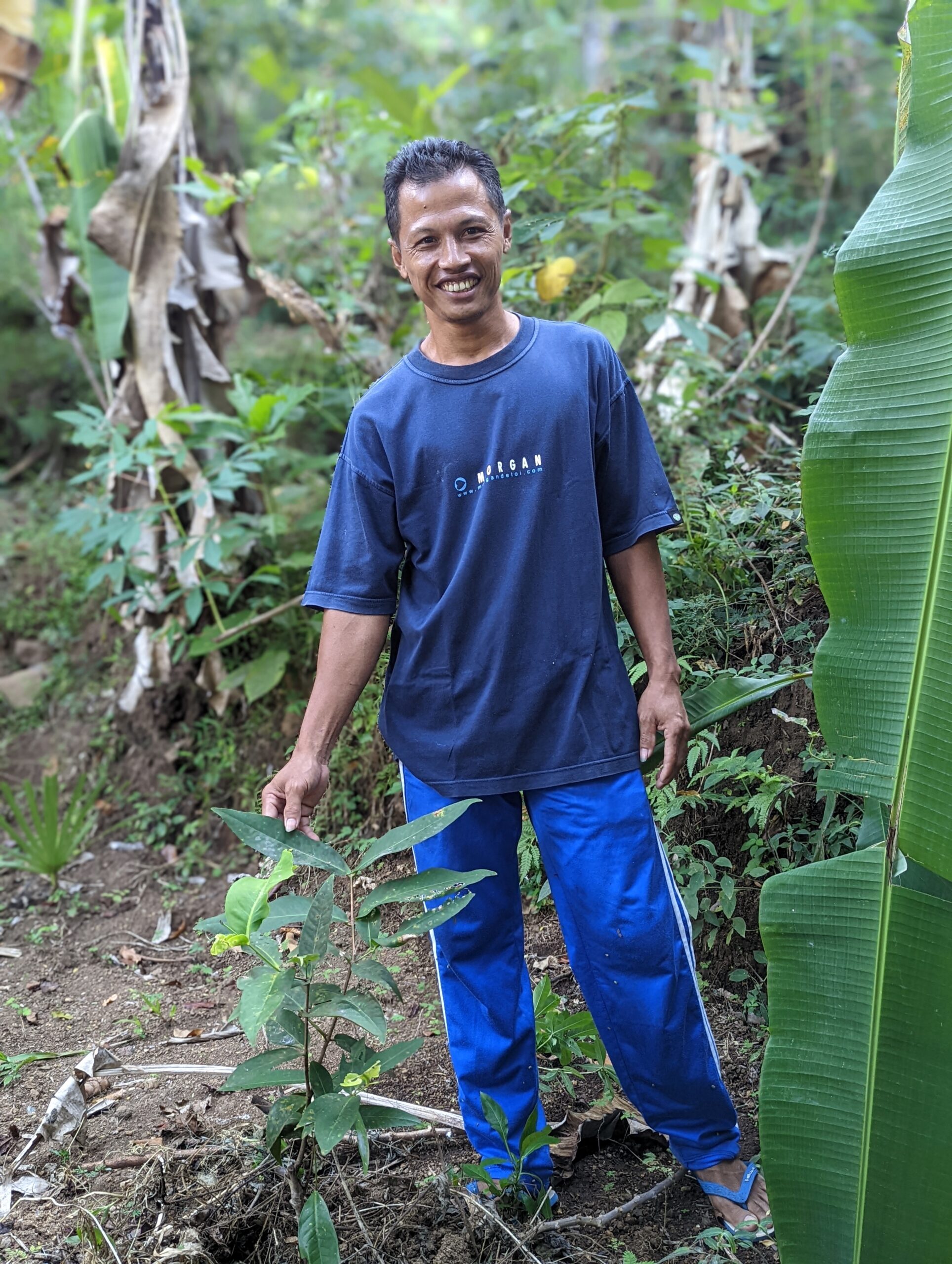
Country Information
Sabangau National Park, Central Kalimantan, Borneo, Indonesia
The Need
Sebangau National Park, a globally significant peat-swamp forest, is one of the largest terrestrial carbon stores in the world. In 2015, it suffered catastrophic burning spread over 83,000 hectares. Reforesting the area will reduce the risk of future fires, raise the area’s water-tables and prevent peat erosion.
The Project We Fund
Once trees are planted, One Tree Planted requires three years of active care and five years of monitoring. Their experts track tree survivability and make adjustments for higher-risk areas. They utilize GIS, drones, and satellite imagery to monitor impact while continuously incorporating new technologies to enhance results.
The Result
One Tree Planted’s work focuses on forest restoration, biodiversity conservation, ecological restoration, and agroforestry. Reforestation can also provide community benefits, such as improving health, supporting indigenous project ownership, and encouraging sustainable income generation. This involves providing training and startup resources for local people to promote peat-friendly agriculture, as well as permaculture and aquaculture practices that reduce drainage and fire use. When combined with planting trees, this community development contributes to the goal of a fire-free future for the Central Kalimantan region.

